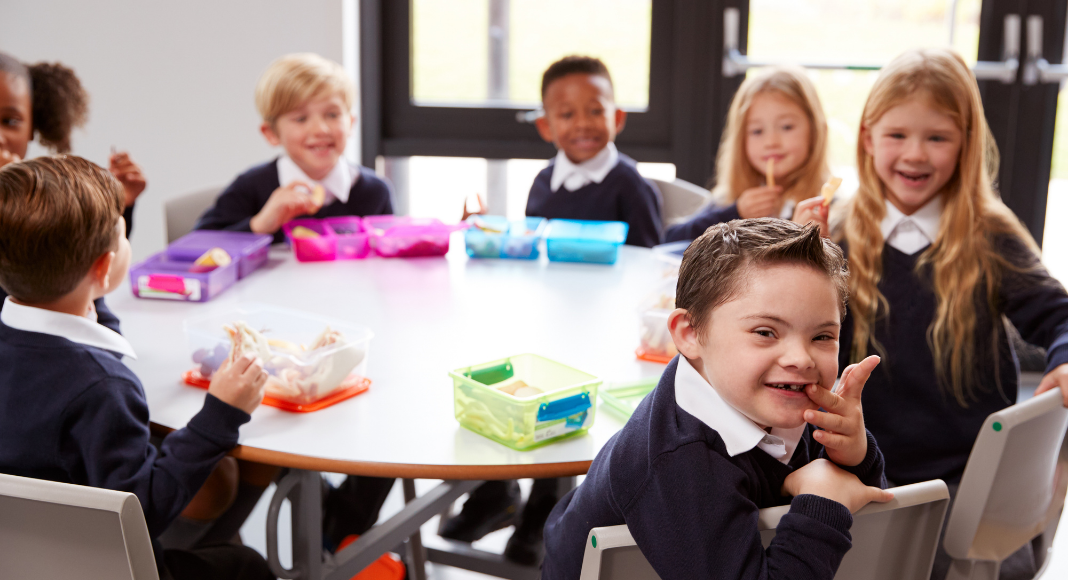
March 21st is World Down Syndrome Day. Down Syndrome is a chromosomal condition that usually causes developmental disabilities.
March is also National Cerebral Palsy Awareness Month, and CP Awareness Day falls on March 25th. Cerebral Palsy describes a group of conditions where altered brain development causes lifelong movement difficulties.
Disability Affects Us All
“Welcome to Holland” is a beautiful essay written by Emily Perl Kingsley about her experience raising her son with Down Syndrome. She compares receiving her child’s diagnosis to arriving in Holland after expecting to fly to Italy. Finding out your child has a disability is usually unexpected, like ending up in a new country that you didn’t prepare to visit. Of course, this story does not reflect the experience of every parent whose child has a disability. But it can be a helpful reminder to relish in the wonderful child you have. In the story, almost everyone they know is still visiting, talking about, and even “bragging” about Italy. Which makes me wonder: “What if we all just went to Holland, too?” People living with a disability can easily feel excluded by a world that doesn’t consider their needs. We can include them by meeting them where they are.
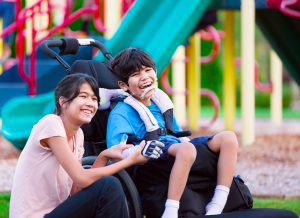
Let’s Meet in Holland
Raising a child with a disability can be extremely isolating. Although the Americans with Disabilities Act of 1990 improved access to public services for people with disabilities, there are still many hurdles left to overcome. Physical barriers aside, parents worry if their disabled child will make friends, feel welcomed in the classroom, be invited to birthday parties, or be included in play dates. We can meet up in Holland; disabled or able-bodied, neurodivergent or neurotypical, and no one has to be left out.
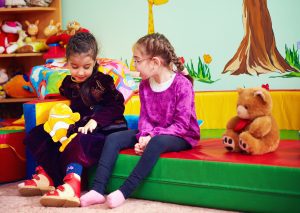
Inclusion Starts at Home
Raising inclusive children means teaching our kids to value people for who they are. Disability is a very individualized experience. That’s why we can’t paint with broad brushstrokes when talking about living with disability. We can, however, remove the stigma that often surrounds disability. This work starts at home. Here are some simple ways to begin normalizing disability with your kids:
- Give your children books and toys starring disabled characters. Sesame Street and Little People are good places to start.
- Talk about disability organically and without judgment. For example, if your child asks, “Why does that person use a wheelchair?” you could answer, “Well, everyone has their own reason for using a wheelchair. They are great tools that help people get around if walking is hard.”
- Follow disabled influencers on social media. Listen to their perspective. It will help you shift your own ideas about disability and work towards a more inclusive future.
- Support local organizations that work with and for individuals with disabilities. Check out Gigi’s Playhouse Miami and United Cerebral Palsy.
Start off here, and I’m sure you’ll find even more great resources! Let’s build a future that feels like home for everyone.
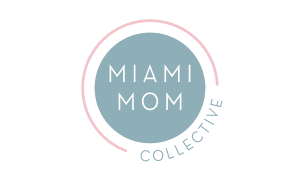



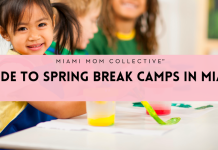
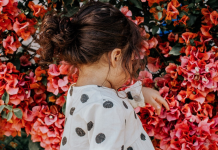
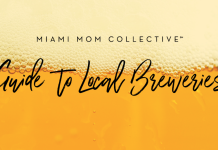


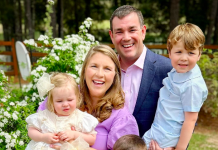
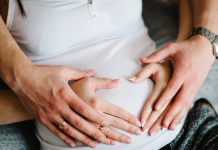






This is so beautiful. Thank you so much for sharing this. It truly is so important to teach our kids kindness and inclusivity. Our children should be able to be part of a world that makes everyone feel accepted always. “We can meet up in Holland; disabled or able-bodied, neurodivergent or neurotypical, and no one has to be left out.” ❤️
Thank you for the organizations to look into and the tips to help us support inclusivity ❤️
Love this so much. Thanks for putting it together, Brittany!
Thank you both so much! This is so encouraging 🙂
Thank you so much for sharing this. I have had trouble with my son being bullied for his disabilities, mostly his central palsy. Even though thankfully he can run he can’t keep up with kids his age. The first time he was bullied for this he was 3 turning 4.
Beautifully written, Brittany! I appreciate this post so much as a special needs momma, myself. ❤️
Comments are closed.